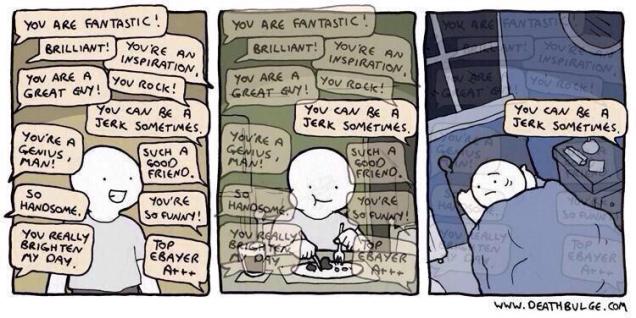This blog post is written by guest blogger, Britta Wigginton. In an increasingly neo-liberalised university system, which relies on student satisfaction to generate profit, there are real concerns about the emphasis that is put on student evaluations, and what this means for teaching practices. In increased environments of sessional teaching and (usually unpaid) ‘guest’ lecturing, as well as a push for TED-talk-esque teaching styles and the use of latest teaching styles (such as the flipped classroom), teaching feels as if ‘effective’ teaching now requires a degree in performance arts! In this post, Britta reflects on the experience of being the target of student evaluations, and whether the expectations that are put on academics for ‘teaching excellence’ is actually reasonable. This is sure to be a topic that is close to the hearts and experience of many ISCHP members - feel free to share your stories and perspectives in the comments.
Dr Wigginton is a Lecturer in Health Promotion at the School of Public Health at the University of Queensland. You can follow Britta’s research on Twitter, ResearchGate and through UQ.edu.au.
 Image credit: deathbulge.com
Image credit: deathbulge.com
It has taken me a while to gather the courage to write and publish this blog, and ultimately to discuss something that feels raw and anxiety provoking. I lean on my fellow feminist academics who talk back to the academy, and from there attempt to write from a place of strength.
Rosalind Gill (2015) talks about the hidden injuries of the neoliberal university. She unearths feelings of exhaustion, stress, anxiety, shame, anger and feelings of fraudulence – all of which, she argues, remain secret in the public spaces of the academy. I want to use this blog to un-mute a particular topic, one that I have been tempted to stay silent on: abusive teaching evaluations. Continue reading →
Like this:
Like Loading...

 Image credit:
Image credit: